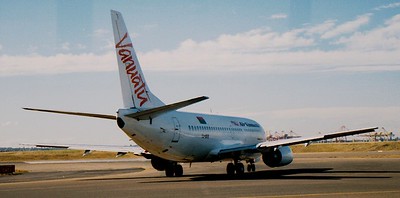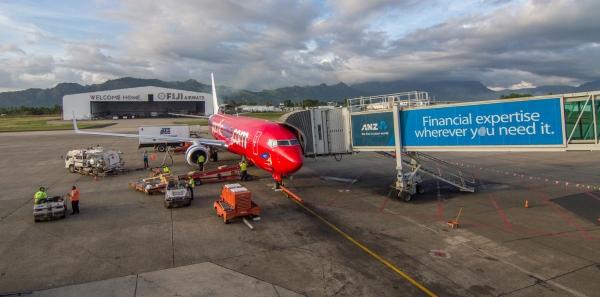Open Pasifika
Open Educational Resources
This course provides an introduction to Open Educational Resources (OER)
and their potential impact on teaching and learning. You will learn
about the benefits of using OER, how to find and evaluate OER materials,
and how to incorporate them into their teaching practices.
Semester Zero
The University of the South Pacific (USP) is pleased to welcome you to
Semester Zero. Semester Zero is a preview to your studies at USP. It is
designed to prepare you for your studies at USP.
Sharks and Rays
Sharks and rays are among the most fascinating and ecologically
significant marine species on Earth. As apex predators and keystone
species, they play an essential role in maintaining the balance and
health of marine ecosystems.
-

M1: The Regulation of Aviation
This course provides a general overview of the law and legal systems including contract and tort law and also areas of corporate and criminal law. Students undertaking aviation-related studies would also benefit from this course as it presents all the areas of the law that impinge upon aviation activities.

Module 2: The Commercial Aviation Industry
This module explains the structure of businesses and the way in which transactions are carried out and the increasing importance of intellectual property. In respect to the commercial aviation industry, a brief overview of aircraft leasing and aviation insurance is provided. As such, we look at the various types of business structures and workplace arrangements that can be found in aviation across various jurisdictions.

M3: Aviation Safety and Security
This module introduces aviation safety and security, highlighting their impact on organizations and cultures within the aviation industry. It explains the importance of a systems approach to safety management and the need to protect overlapping operational areas from criminal and terrorist threats. Understanding these concepts is crucial for aviation professionals to ensure a secure and efficient global transportation system.

M4: International Aviation Law
This module introduces international aviation law, explaining its significance for those in the aviation industry, which is highly regulated and internationally harmonized. It covers the distinction between private and public international law, the typical sources of international law, and the relevance of the Montreal Convention 1999 with case study examples. Understanding this legal framework is essential for aviation professionals.
In this site we will offer free course for the general public. At the university we are determined to serve our region by providing free opportunities to the communities.Existing USP staff and students can use their USP account login. For other users you can create a new account.
For any queries regarding this site you can email them to openedu@usp.ac.fj
Important note: Registration for Semester Zero or any course in this site does not constitute an admission to USP.
